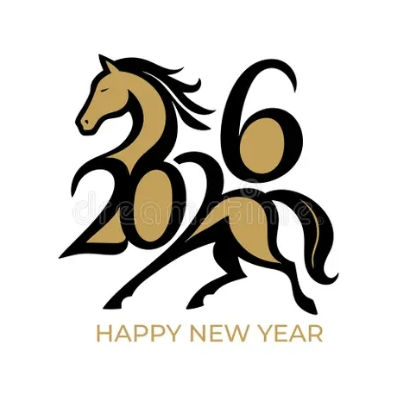What's in a Name? Everything.
- stan@myredstring.org

- Dec 9, 2020
- 3 min read
Have you ever wondered how you got your name? My middle name, "Isamu", is the same as my dad's, and I am really proud to be named after him. My brother, Jeff, on the other hand, never liked that his middle name, Gordon, was not Japanese. In college, Jeff liked to list his middle name as Toshio, after our grandfather, Toshio (Harry) Itaya. What may sound ironic, though, is that Jeff's "American" middle name was born from our dad's life experiences growing up during a time of blatant Anti-Asian racism, internment during WWII, and Japanese Americans being labeled as "un-American". Dad's insistence that Jeff, as the first born son, have an "American" middle name, came from his belief, like many Nisei, to prove his Americanism.

If you think about it, names are typically given, rarely chosen, and often lifelong, and if I were to venture to guess, there is most likely a wonderful and thoughtful story behind your given name.
Likewise, a lot went into the naming of Red String. When the idea of a foundation was first conceived, I was convinced that the foundation should be named after our family. I even had a logo that I wanted to use.
So how did the Foundation’s name ultimately become Red String? Well, it's a bit of a short, long story.
As I began to outline the foundation’s structure, it hit me that the name of the Foundation would mean a lot more than I had initially thought. Very often the first piece of information we have about something or someone is its name, and being human, we are often quick to form opinions. And these judgments can accumulate, making the first impression even more important. It can lead a person to have either an initial positive or negative perception, and can set the stage for future interactions.
As I pondered about the real purpose of what I was doing with the foundation, it occurred to me that it is not about getting recognition of my family's name, but rather about our mission, ideals and values, inclusion and diversity, community and unity. This is what our name should reflect, but putting all that into a name was not easy.
We began by brainstorming names. I first thought of using a Japanese name to reflect my family's heritage; I tossed around names like Kibou (希望) which means hope or Tenshi (天使) which means angel, but then I wondered whether anyone except those who happen to know Japanese would really resonate with it. Back at square one. Again, we brainstormed and came up with names like Ripple, Nexus, and New Horizons, just to name a few. We crossed checked the names to determine if they were already being used; discussed whether the name was relatable; and checked to see if a domain name was available. Ripple and New Horizons were already used by other non-profit organizations. I liked Nexus, but it didn't resonate with some of the team. Back to square one. Humph. Then one night, while binge watching a K-drama (i.e. Korean drama) series, one episode happened to be about the red string of fate and I really resonated with that idea. I did some checks and then floated the idea to the team. We all agreed that it was a good representation of what we are and what we aspired to become:
It has been passed down through ancient times and across many cultures that a red string is a representation of protection, faith, good luck, strength, and connection. Legend says that an invisible red string connects those who are destined to meet, regardless of time, place, and circumstance. The string may stretch or tangle, but it will never break. And when the two shall meet, the encounter will have a profound effect on each of their lives.
Whether it was fate or something else that intervened, it is with my greatest of hope and faith that Red String will live up to and be worthy of its name.
(To be continued)




Comments